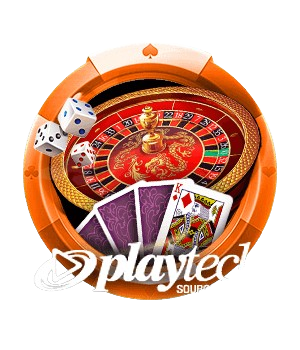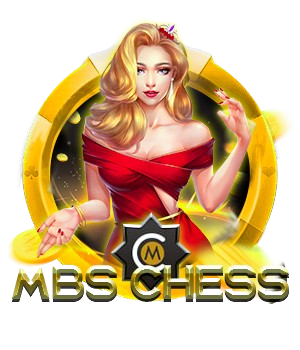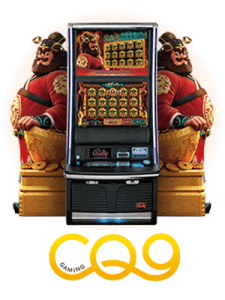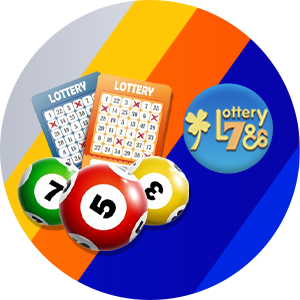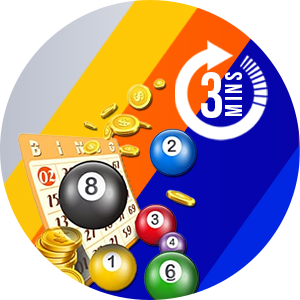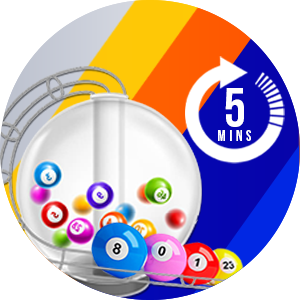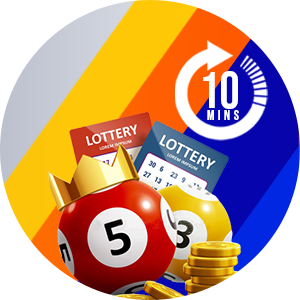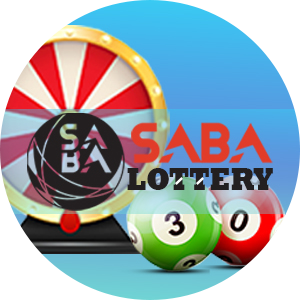The Fascinating World of Chess: A Comprehensive Guide
Casino Chess (CC) In the realm of strategic board games, chess stands tall as an enduring masterpiece, captivating the minds of players across generations and continents. From its humble origins to its modern-day grandeur, this ancient pastime has evolved into a profound intellectual pursuit, blending art, science, and psychology into an intricate tapestry of tactics and finesse.
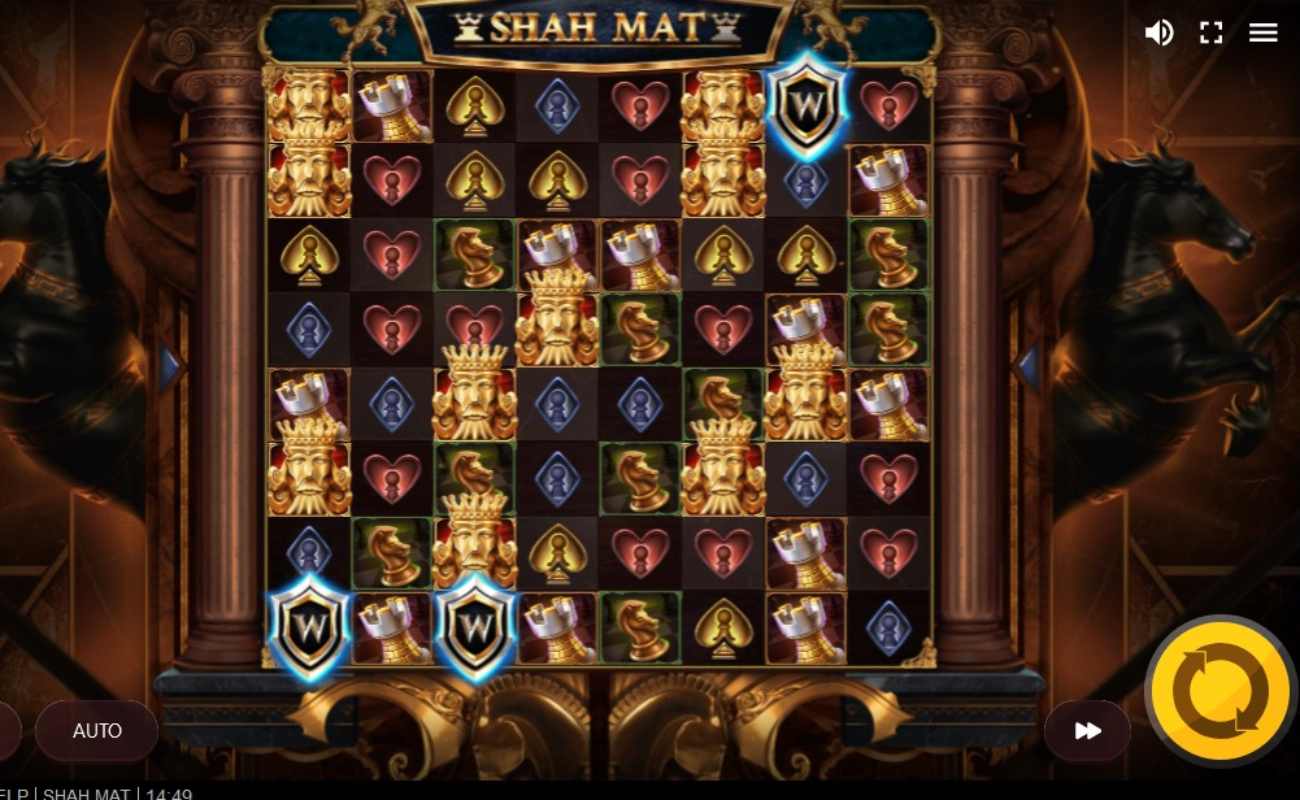
Conquering the Chessboard: Strategies for Beginners and Experts Alike
The Art of Opening Moves
The opening moves in a cc game set the stage for the epic battle to unfold. While there are countless opening variations, mastering a few solid openings is crucial for both beginners and experts. The following sections delve into some of the most popular and effective opening strategies:
The Italian Game
- Pawn Move: e4 e5
- Objective: Stake a claim in the center and gain control over crucial central squares.
- Key Ideas: Develop pieces rapidly, aim for a pawn break in the center, and prepare for potential gambits.
The Sicilian Defense
- Black’s Response: c5
- Objective: Counter White’s control of the center and create counterplay.
- Key Ideas: Understand the various lines and be prepared for sharp, tactical play.
The Ruy Lopez
- Pawn Move: e4 e5 Nf3 Nc6 Bb5
- Objective: Gain control of the central squares and prepare for a kingside attack.
- Key Ideas: Develop pieces harmoniously, and be ready to defend against potential pawn breaks.
Middlegame Mastery
The middlegame is the battlefield where tactics, strategy, and calculation collide. Mastering key concepts such as pawn structure, piece coordination, and positional understanding is vital for success. Here are some crucial middlegame principles:
- Pawn Structure: Understand the strengths and weaknesses of different pawn formations, and strive for optimal pawn structures.
- Piece Activity: Keep your pieces active, coordinated, and always seeking better squares.
- Calculation: Practice calculating variations, anticipating your opponent’s responses, and evaluating the resulting positions.
Endgame Excellence
The endgame is often the deciding factor in a cc game, where a single mistake can be costly. Studying endgame theory and principles is essential for players of all levels. Some key endgame concepts to master include:
- King Activity: The role of the king becomes paramount in the endgame, and active king play is crucial.
- Pawn Promotion: Understanding how to promote pawns and create new threats is vital.
- Zugzwang: Recognizing and exploiting positions where one side is forced to make a losing move.
Unveiling the Chess Candidates: Profiles of the Elite Players
Magnus Carlsen: The Reigning World Champion
- Country: Norway
- Achievements: Five-time World Chess Champion, highest rating ever achieved (2882)
- Playstyle: Versatile, solid, and with a deep positional understanding.
Fabiano Caruana: The American Contender
- Country: USA
- Achievements: Challenger for the 2018 World Chess Championship, multiple-time U.S. Champion.
- Playstyle: Aggressive, with a keen eye for tactical opportunities and a solid endgame technique.
Ding Liren: The Rising Chinese Star
- Country: China
- Achievements: Two-time Chess Olympiad gold medalist, highest-rated player in China.
- Playstyle: Solid, positional, and with a knack for finding creative plans.
The Intricacies of the Chess Game: Mastering the Moves and Tactics
Pawn Structures and Their Importance
Pawns may be the smallest pieces on the board, but their role in shaping the game is paramount. Understanding pawn structures is crucial for assessing positions and formulating plans. Some key pawn structures include:
- Isolated Pawns
- Doubled Pawns
- Pawn Majorities
- Pawn Islands
Tactical Themes and Motifs
Chess is a game of tactics, where a single well-calculated combination can swing the game in your favor. Recognizing and executing tactical themes is essential for players of all levels. Here are some common tactical motifs to master:
- Forks
- Pins
- Skewers
- Discovered Attacks
- Clearance Sacrifices
Positional Play and Strategic Planning
While tactics are the flashy moves that often capture the imagination, positional play and strategic planning are the foundations upon which chess mastery is built. Understanding key positional concepts such as:
- Pawn Majorities
- Outposts
- Open Files and Diagonals
- Minority Attacks
From Pawn to King: The Journey of a Chess Piece
Each chess piece possesses unique characteristics and abilities, and understanding their strengths and weaknesses is crucial for crafting winning strategies. Let’s embark on a journey through the ranks, exploring the nuances of each piece:
The Pawns: Foot Soldiers with Potential
- Promotion: The ultimate goal of a pawn, transforming into a mighty piece upon reaching the eighth rank.
- Pawn Chains: Coordinated pawn advances can create formidable structures and generate powerful passed pawns.
- Pawn Sacrifices: Sacrificing pawns can open lines, create weaknesses, or initiate an attack.
The Knights: Leaping Defenders and Agile Attackers
- Fork Potential: Knights are adept at forking two or more pieces, creating tactical opportunities.
- Outposts: A well-placed knight on an outpost can exert tremendous control over key squares.
- Endgame Prowess: In the endgame, knights can be powerful due to their ability to navigate open positions.
The Bishops: Long-Range Snipers and Diagonal Dominators
- Fianchettoed Bishops: Developing bishops to long diagonals can create powerful control and attacking prospects.
- Bishop Pair: Possessing two bishops can be a significant advantage, especially in open positions.
- Opposite-Colored Bishops: These situations often lead to drawn endgames unless one side can create a passed pawn.
The Rooks: Pillars of Defense and Offensive Might
- Open Files: Rooks thrive on open files, exerting control and creating threats from a distance.
- Seventh Rank: Rooks on the seventh rank can pose immense pressure on the opponent’s position.
- Endgame Power: Rooks are incredibly powerful in the endgame due to their long-range and ability to control open files.
The Queen: The Ultimate Powerhouse
- Tactical Supremacy: The queen’s mobility and strength make her a fearsome tactical weapon.
- Centralization: A well-centralized queen can exert control over a vast area of the board.
- Endgame Dominance: In the endgame, a queen can often single-handedly dominate and decide the outcome.
The King: From Shelter to Conqueror
- Castling: Ensuring the king’s safety by castling is a crucial early step in most games.
- Pawn Storms: In the middlegame, the king may need to find shelter from pawn storms and piece threats.
- Endgame Power: In the endgame, the king becomes an active force, often leading the charge towards victory.
The Art of Chess: Analyzing Masterpieces and Learning from the Greats
Studying the games of legendary players and analyzing their masterpieces can unveil invaluable insights and deepen one’s understanding of chess. Let’s explore a few iconic games and the lessons they impart:
The Immortal Game: Anderssen vs. Kieseritzky (1851)
- Players: Adolf Anderssen (White) vs. Lionel Kieseritzky (Black)
- Lesson: Daring sacrifices and relentless attacks can lead to breathtaking victories.
- Key Moves:
- 17. Nxf7!? (sacrificing a knight to open lines for attack)
- 21. Qxb7!! (a stunning queen sacrifice)
The Game of the Century: Byrne vs. Fischer (1956)
- Players: Donald Byrne (White) vs. Bobby Fischer (Black)
- Lesson: Even in seemingly lost positions, creative thinking and calculation can turn the tables.
- Key Moves:
- 11…Ng4! (an unexpected and sacrificial move)
- 17…Nxe4! (initiating a brilliant combination)
Kasparov vs. Topalov (1999)
- Players: Garry Kasparov (White)vs. Veselin Topalov (Black)
- Lesson: The importance of initiative and dynamic play in creating winning chances.
- Key Moves:
- 23. Nxf7! (sacrificing a knight to open up the opponent’s king position)
- 27. Qh6! (utilizing the queen’s power for a decisive attack)
The Psychology of Chess: Exploring the Minds of Champions
Mental Toughness and Resilience
Chess is not just a battle of moves; it’s a test of mental fortitude. Elite players exhibit remarkable resilience in the face of setbacks, staying focused and adapting to changing circumstances. Developing mental toughness involves:
- Handling Pressure: Thriving under pressure situations and making sound decisions.
- Learning from Losses: Using defeats as learning opportunities to come back stronger.
- Embracing Challenges: Viewing obstacles as chances to grow and improve.
Visualization and Calculation Skills
The ability to visualize positions and calculate variations accurately is a hallmark of top chess players. By honing visualization and calculation skills, players can:
- See Ahead: Anticipating future positions and planning accordingly.
- Analyze Deeply: Evaluating complex positions and finding the best moves.
- Avoid Blunders: Minimizing errors by foreseeing potential pitfalls.
Psychological Warfare on the Board
Chess is not only about making good moves but also about understanding your opponent’s mindset and exploiting psychological weaknesses. Engaging in psychological warfare involves:
- Bluffing: Intentionally misleading opponents with deceptive moves or feints.
- Patience: Testing your opponent’s endurance and waiting for them to make mistakes.
- Provocation: Inciting emotional responses to disrupt the opponent’s focus.
Chess and Technology: Innovations Shaping the Game
Computer Analysis and Engine Assistance
The advent of powerful chess engines has revolutionized the way players analyze games and prepare openings. Leveraging computer analysis offers several advantages, including:
- Opening Preparation: Studying vast databases to uncover novelties and improvements.
- Tactical Training: Solving puzzles and analyzing positions to sharpen tactical skills.
- Endgame Study: Utilizing engines to understand complex endgame scenarios and find optimal solutions.
Online Platforms and Virtual Tournaments
Online chess platforms have made the game more accessible than ever, allowing players from around the world to compete in virtual tournaments and hone their skills. The rise of online chess has led to:
- Global Connectivity: Playing against opponents of varying strengths and styles worldwide.
- Training Opportunities: Accessing lessons, lectures, and training materials online.
- Competitive Play: Participating in rapid and blitz events to improve speed and decision-making.
AI and Machine Learning in Chess
Artificial intelligence and machine learning technologies continue to push the boundaries of what is possible in chess. From neural network-based evaluations to deep learning algorithms, AI impacts the game by:
- Creating Stronger Engines: Developing engines with superhuman capabilities and strategic insights.
- Analyzing Patterns: Identifying trends and patterns in games to enhance player understanding.
- Adaptive Play: Adjusting strategies based on opponent tendencies and game dynamics.
The History of Chess: A Timeless Classic Across Cultures
Origins and Evolution of Chess
Chess has a rich history that spans centuries and continents, evolving from its early roots in India to becoming a global phenomenon. Key milestones in the history of chess include:
- Indian Beginnings: Tracing the origins of chess to the ancient game of Chaturanga.
- Spread to Persia: Adoption and adaptation of chess in the Persian Empire as Shatranj.
- European Renaissance: Transformation of the game in Europe, leading to modern chess rules.
Legendary Matches and Players
Throughout history, legendary matches and players have left an indelible mark on the game of chess, shaping its development and popularity. Notable figures and events include:
- Morphy vs. Anderssen: A clash of two chess prodigies showcasing brilliant attacking play.
- Capablanca’s Endgame Prowess: Jose Raul Capablanca’s mastery of endgames and positional play.
- Fischer’s World Championship Triumph: Bobby Fischer’s historic victory over Boris Spassky in 1972.
Chess in Popular Culture
Chess has permeated popular culture, appearing in literature, films, art, and music as a symbol of intellect, strategy, and intrigue. Its presence in popular culture highlights:
- Literary References: Chess motifs in works by authors like Lewis Carroll and Vladimir Nabokov.
- Cinematic Depictions: Iconic chess scenes in movies such as “Searching for Bobby Fischer” and “Queen’s Gambit.”
- Artistic Interpretations: Chess-inspired artworks by Salvador Dali, Marcel Duchamp, and other artists.
Chess and Education: Fostering Critical Thinking and Problem-Solving Skills
Cognitive Benefits of Chess
Chess is not just a game; it’s a cognitive workout that offers numerous benefits for players of all ages. Engaging in chess can enhance cognitive abilities by:
- Improving Concentration: Focusing on the game for extended periods sharpens concentration skills.
- Enhancing Memory: Remembering opening lines, tactics, and patterns boosts memory capacity.
- Boosting Problem-Solving: Analyzing positions and finding optimal moves hones problem-solving skills.
Educational Applications of Chess
Incorporating chess into educational curricula has been shown to have positive effects on students’ academic performance and overall development. The educational benefits of chess include:
- Academic Achievement: Enhancing math, reading, and critical thinking skills through chess instruction.
- Social Skills: Promoting sportsmanship, teamwork, and communication among students.
- Emotional Intelligence: Building resilience, patience, and strategic thinking in challenging situations.
Chess as a Tool for Learning
Using chess as a teaching tool transcends the board, offering valuable lessons that extend beyond the game itself. By integrating chess into learning environments, educators can:
- Foster Creativity: Encouraging innovative thinking and out-of-the-box solutions through chess challenges.
- Develop Analytical Skills: Teaching students to assess positions, make decisions, and evaluate consequences.
- Cultivate Strategic Thinking: Instilling long-term planning, goal-setting, and adaptability in problem-solving.
Conclusion
In conclusion, chess stands as a timeless and universal game that transcends borders, cultures, and generations. From its rich history and legendary players to its cognitive benefits and educational applications, chess continues to captivate minds and inspire individuals worldwide. By delving into the fascinating world of chess, we not only sharpen our strategic acumen and analytical skills but also embark on a journey of self-discovery and intellectual growth. Whether you’re a novice exploring the basics or a seasoned player mastering advanced concepts, the allure of chess lies in its infinite possibilities and enduring appeal. So, let’s embrace the challenge, unravel the mysteries, and immerse ourselves in the captivating realm of the sixty-four squares.
FAQs about Chess Casino in India
1. What is a Chess Casino? A CC is a unique blend of traditional CC and casino gaming, combining the strategic depth of CC with the excitement and unpredictability of casino games. Players can participate in chess tournaments, place bets on live matches, and even engage in CC-themed slot games or other casino activities.
2. How does Chess Casino work in India? Chess Casino in India operates through both online platforms and physical venues. Online platforms offer a variety of -based games and betting options, accessible from anywhere in the country. Physical venues, although less common, might host special tournaments or events where players can enjoy both and traditional casino games.
3. Is Chess Casino legal in India? The legality of Chess Casino in India depends on the state. While some states have clear regulations allowing certain forms of gambling, others have stricter laws. Online casinos typically operate under licenses from international jurisdictions. It’s important to check the specific regulations in your state before participating.
4. What types of games are available in a Chess Casino? CC offer a range of games including:
- Chess Tournaments: Competitive events where players can win prizes based on their performance.
- Betting on CC Matches: Players can place bets on live or pre-recorded CC matches.
- Chess-themed Slot Games: Slot games that feature CC pieces and themes.
- Chess-based Casino Games: Traditional casino games with a CC twist, such as CCs roulette or CC blackjack.
5. How do I place bets on CCC matches? To place bets on CC matches, you need to sign up with an online CC casino that offers this feature. Once registered, you can browse upcoming matches, view odds, and place your bets. Bets can be placed on various outcomes, such as the winner of the match, the number of moves, or specific in-game events.
6. Are there any strategies for betting on CC matches? Successful betting on CC matches requires knowledge of the game and the players. Factors to consider include:
- Player Form: Recent performance and ranking of the players.
- Head-to-Head Records: Previous outcomes between the players.
- Style of Play: Understanding the playing styles and strategies of the players.
- Tournament Context: The significance of the match within the tournament.
7. What are the benefits of playing in a C Casino? CC offer several benefits:
- Strategic Depth: CC requires strategic thinking, making it a mentally stimulating activity.
- Exciting Betting Opportunities: Combining CC with betting adds an extra layer of excitement.
- Diverse Game Options: Access to a variety of CC-based and traditional casino games.
- Potential Rewards: Opportunities to win money through tournaments and bets.
8. Are CC suitable for beginners? Yes, CCs can be suitable for beginners. Many platforms offer tutorials and beginner-friendly games to help new players get started. Additionally, online communities and forums can provide support and advice for improving your CC skills and betting strategies.
9. How do I improve skills for CC? Improving your CC skills involves regular practice and study. Here are some tips:
- Play Regularly: Engage in regular practice games to develop your skills.
- Study Strategies: Learn from books, online courses, and tutorials focused on CC strategies.
- Analyze Games: Review your games and those of others to understand different strategies and mistakes.
- Join CC Clubs: Participate in local or online CC clubs to gain experience and advice from other players.
10. Are there any risks associated withCCs? As with any form of gambling, there are risks involved. It’s important to gamble responsibly and be aware of the potential for financial loss. Set limits on your spending, avoid chasing losses, and seek help if you feel your gambling is becoming problematic.
11. How can I find a reputable CC in India? To find a reputable CC, look for platforms with positive reviews, clear licensing information, and strong security measures. It’s also beneficial to choose platforms that offer customer support and transparent terms and conditions.
12. Can I play Chess Casino games on my mobile device? Yes, most online Chess Casinos offer mobile-friendly platforms or dedicated apps, allowing you to play and bet on the go.
By understanding the basics of Chess Casinos and how they operate, you can enjoy this unique gaming experience responsibly and strategically.
HOME | REGISTER | FACEBOOK | INSTAGRAM | DOWNLOAD APP | EKBET.COM | EKBET INDIA | EKBETAPPS

TO GET SIGN UP 100% WELCOME BONUS CLICK THIS LINK AND USE REFERAL CODE: e5l6

PAGE 1 | PAGE 2 | PAGE 3 | PAGE 4 | PAGE 5 | PAGE 6 | PAGE 7 | PAGE 8 | PAGE 9













